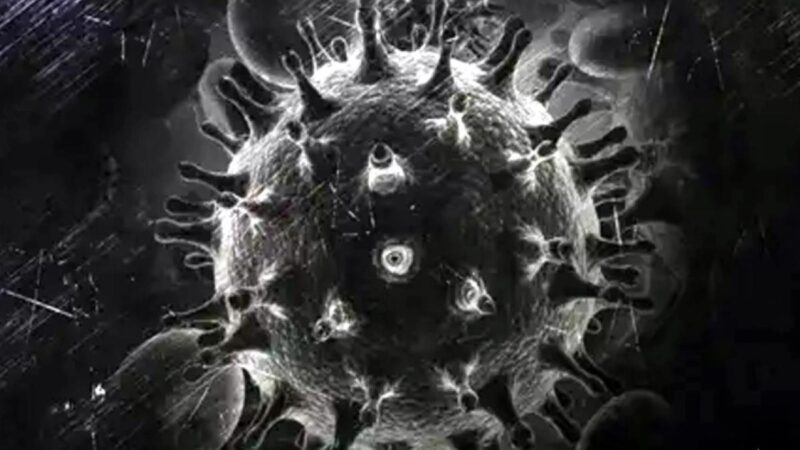
New Delhi: The All India Institute of Medical Sciences (AIIMS) in New Delhi has published a new set of guidelines for early discovery and controlling of black fungus infection, or mucormycosis, among coronavirus patients, which is the latest challenge facing by the country’s already overwhelmed healthcare infrastructure.
The second coronavirus wave has pointed to a spike in the black fungus infection, which can be deadly, notably among diabetics recovering from COVID-19. Many states, including Rajasthan and Telangana, have announced multiple cases of black fungus infection and declared it an epidemic. It has killed 90 people in Maharashtra alone.
Doctors have criticised the “irrational use” of steroids, which can worsen diabetes, for the disease that affects the brain, lungs and sinuses.
As per the AIIMS, the following situations make people more sensitive to catching the infection, making them high-risk patients:
- Patients with uncontrolled diabetes, diabetic ketoacidosis, diabetics on steroids or tocilizumab.
- Patients on immunosuppressants or anticancer treatment or suffering from other chronic debilitating illnesses.
- Patients on high-dose steroids or on long-duration of steroids, tocilizumab.
- Severe COVID-19 cases. COVID-19 compromises immunity, making recovered patients more susceptible black fungus infection.
- Patients on oxygen support through nasal prongs or mask, ventilator.
How to detect mucormycosis?
COVID-19 recovered patients may develop the following symptoms:
- Unusual black discharge or crust or blood from the nose.
- Nasal blockage, headache, or eye pain.
- Swelling around the eyes, double vision, redness of the eye, loss of vision, difficulty in closing the eye, incapacity to open the eye, projection of the eye.
- Facial numbness or itching sensation.
- A problem in chewing or opening mouth.
- Facial swelling (especially nose, cheek, around the eye) or black discolouration, hardening, and pain on touch.
- Loosening of teeth. Black areas and swelling inside the mouth, palate, teeth, or nose.
What to do if a patient develops black fungus symptoms?
- Immediate consultation with ENT doctor, ophthalmologist, or the doctor treating the patient.
- Stern control and monitoring of blood sugar in diabetics.
- Regular medications and follow-up for other comorbidities.
- No self-medication with steroids or antibiotics or antifungal drugs.
- MRI or CT scan with contrast paranasal sinuses and orbit, if needed, on doctor’s advice.

Post Your Comments